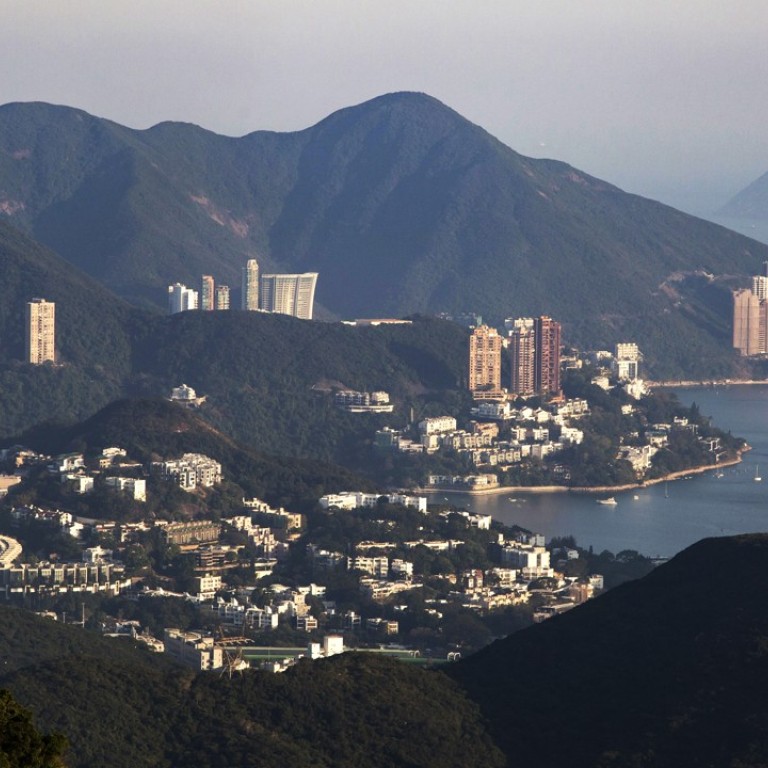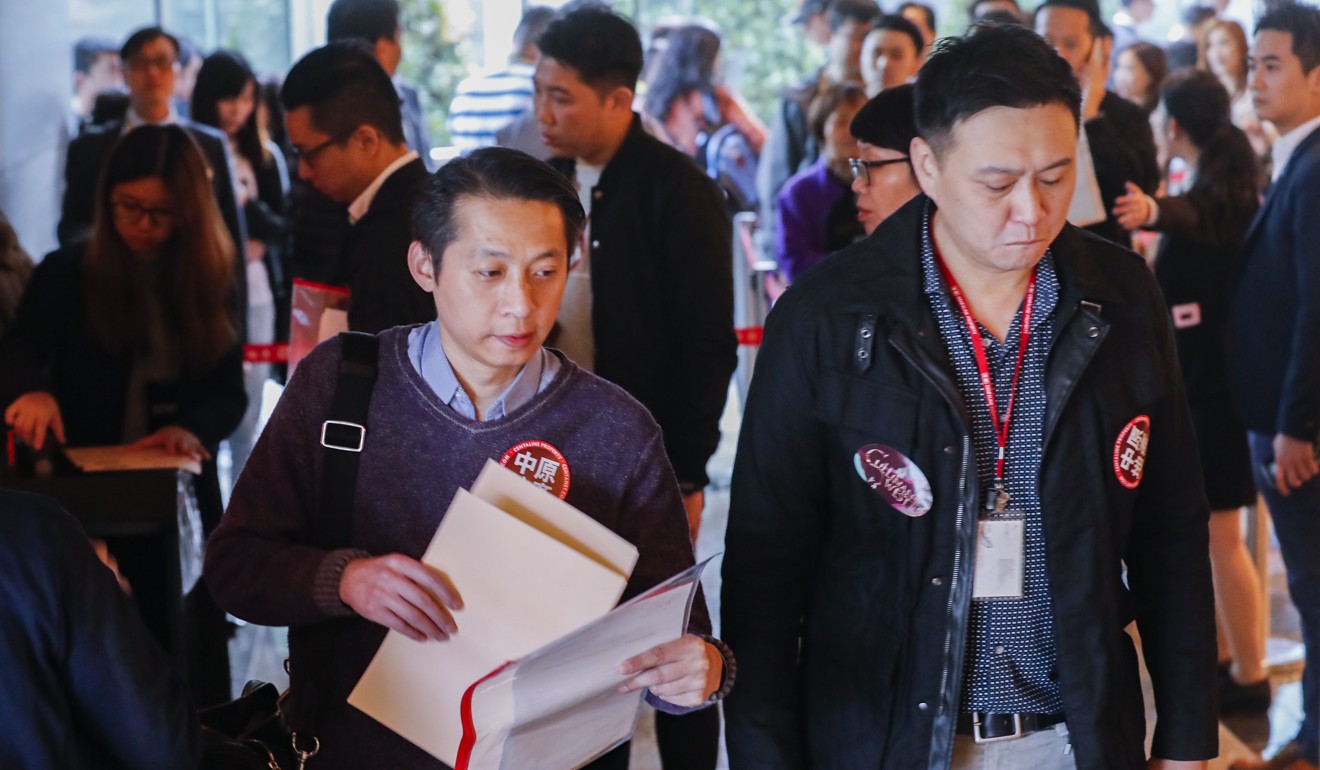
To fight income inequality in Hong Kong, take on the property development cartel
Philip Bowring says that the problem of Hong Kong’s income inequality can’t be solved without taking on development cartels and addressing runaway home prices, and suggests raising rates and phasing out interest relief
Cheap money is already the single most important cause of the asset bubbles affecting real estate in many cities, and stock prices globally, and with our US dollar peg, Hong Kong cannot escape. But our problem is that the primary local actors – the government and big developers – thrive on asset inflation. Both have a long history of restricting land supply to promote that. All the talk of the difficulties of increasing land supply is little more than a lame excuse.
Financial secretaries live in dread of property price falls because they are bad, not for the economy, but for their budgets, in the form of land revenue, profits tax and stamp duty. For 15 years, they could let asset inflation do their work for them, avoiding the challenge of broadening revenue. Instead, they have undermined their tax base and fuelled asset prices through mortgage and other tax relief, benefiting the upper 20 per cent of earners.
Explaining Hong Kong’s housing crisis
Hong Kong housing policy should focus on those living in the poorest conditions
One horrendous result we now see is the ever-widening gap between public and private housing costs
One horrendous result we now see is the ever-widening gap between public and private housing costs, and hence pressure on the government to widen the social gap further by building more public housing out of money raised from exorbitant land prices! They should instead challenge the developer cartel and launch a massive programme of home ownership projects.
Could co-living be the future for Hong Kong’s youth as property prices rise beyond reach?
Even without tackling the vested interests of the developers and New Territories bosses, the government should be planning for a 25 per cent or more fall in prices over, say, three years, if increased supply and high interest rates combine. It can also commit to raising property rates to compensate for revenue losses. Rates are a much more reliable and broad-based income source. The shift would also reverse some of the generational imbalance resulting from asset inflation: young would-be owners face ludicrous prices for tiny flats while those who bought back in the 1975-95 era sit on huge unrealised wealth and enjoy space many no longer need.

With Hong Kong flats out of reach, young buyers seek home ownership in Thailand, Japan
Why should homeowners get all the tax breaks?
Next, government can increase recurrent revenue by taxing a few aspects of domestic consumption. There is no need for a general sales or value-added tax. A 30 per cent tax on power consumption would be one simple way of raising revenue, and one falling mostly on the big commercial users and those with large flats. It would also help cut air and light pollution. For the lowest income groups, compensation may come through increased welfare payments and a minimum-wage increase. Much higher prices for water are also in order and would fall mostly on higher-income groups. To support health and old age welfare, it should transfer 50 per cent of capital revenue to general revenue and stop wasting it on uneconomic projects.

Hong Kong should be encouraging electric vehicle use, not curbing it
It was famously said by a mayor of Bogota: “A developed country is not a place where the poor have cars. It is where the rich use public transport.” Let that be a motto for a Hong Kong which sets out to reverse its wealth and status divides with simple land and tax reforms, which would enhance its free-enterprise, low-tax appeal.
Philip Bowring is a Hong Kong-based journalist and commentator

